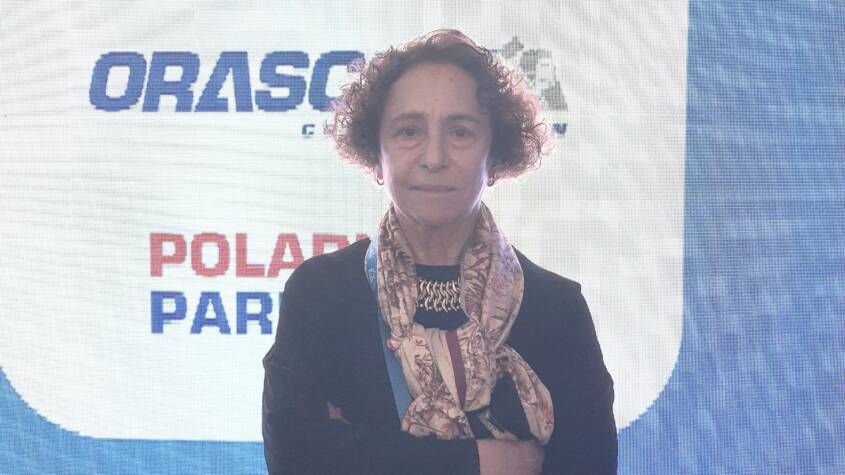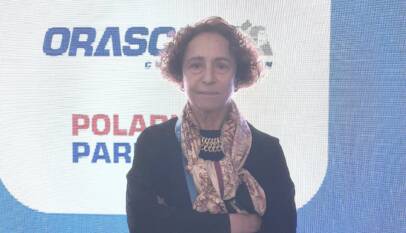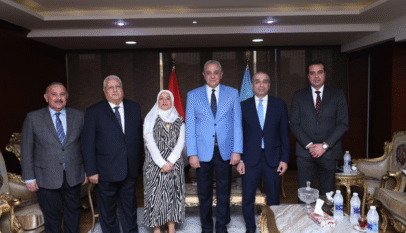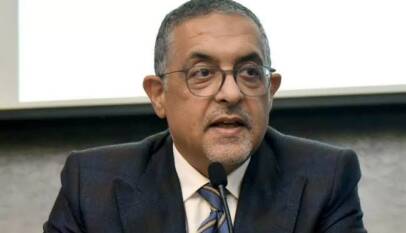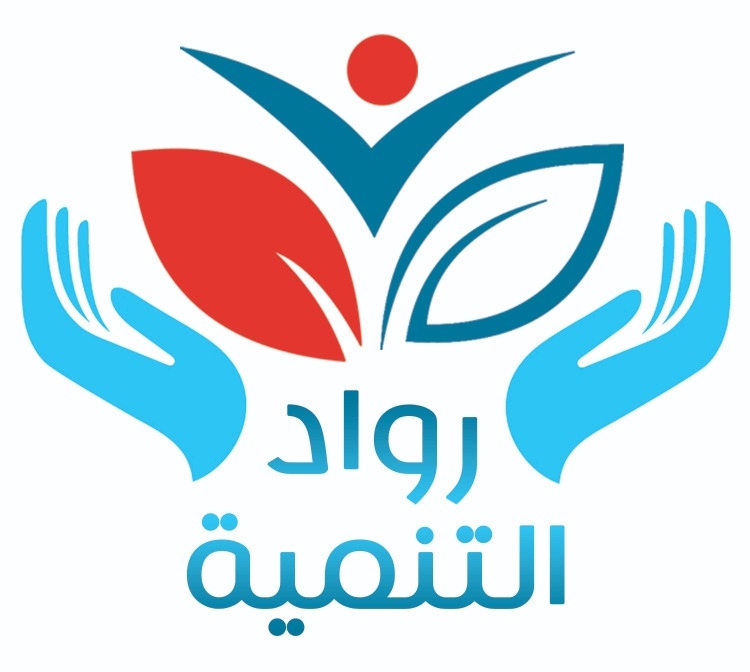ANA PALACIO
Former Foreign Affairs Minister of Spain, and
Visiting Professor at Georgetown University
Published in El Mundo, 8 November 2025
In Cairo, the forum organised by the Egyptian Centre for Economic Studies (ECES) brought together, in its second edition, senior government officials, academics and analysts from across the emerging world.
The impeccably choreographed meeting stood out for the intellectual rigour that characterises the ECES, an essential reference point for Egyptian economic and geopolitical thought that reverberates throughout the wider region.
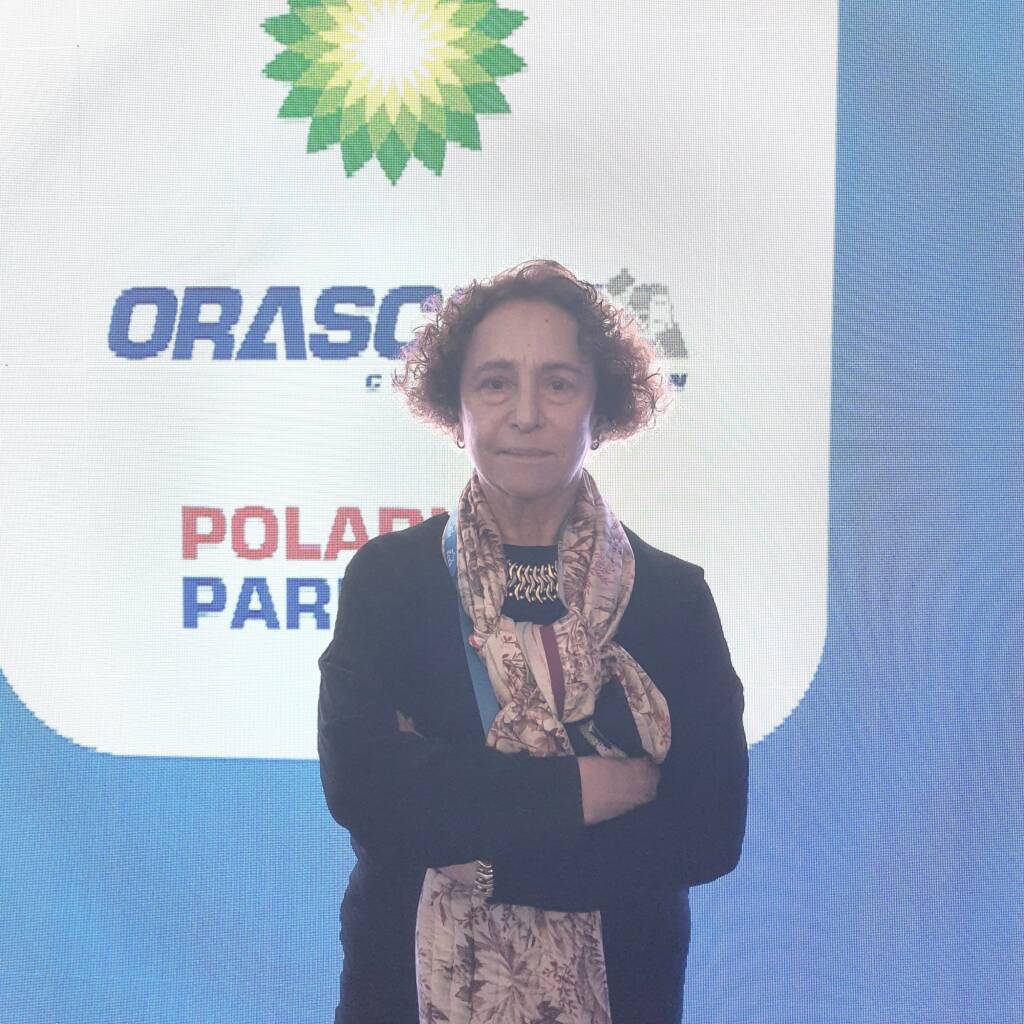
The event highlighted the profound change shaking the multilateral framework, a shattered architecture where unpredictability is no longer an exception, but the rule.
Hanging over the debates was the collapse of power structures, dragging down the certainties that for decades determined the balance of the Cold War and the period of Pax Americana.
The various panels reflected, from complementary angles, a world adrift and Europe’s recognised utility: fighting uncertainty with rules.
We live in a time when the key word is not ‘risk’ but ‘uncertainty’. Risk can be calculated, insured, modelled; uncertainty cannot.
For years, we believed we lived in a world of measurable risks – financial, health, energy – where prevention and control procedures were enough. Today we know that interdependencies, seen as stabilisers, have become sources of vulnerability.
This is not a technical nuance. In the face of risk, one plans ahead; in the face of uncertainty, one reacts. And international relations seem to be stuck in this automatic response mode, with no clear horizon or compass.
This change has serious consequences. In economics, employers stop anticipating and start correcting.
In politics, planning gives way to crisis management. In diplomacy, foresight is replaced by containment. We are witnessing, in short, the end of the implicit contract of predictability that sustained globalisation; the idea that the future would be an orderly extension of the present.

What is emerging is a proliferation of discontinuities, where events unfold without logic, and decisions are made under constant pressure from the unexpected.
For years, we believed we lived in a world of measurable risks – financial, health, energy – where prevention and control procedures were enough. Today we know that interdependencies, seen as stabilisers, have become sources of vulnerability.
Disorientation permeates exchanges in every field. Governments and societies seek anchors – identities, alliances, or causes – that radiate an illusion of certainty. But reality has become fluid, and fluidity is the new field of power.
In this context, the ‘Global South’ is not so much a category as a shared emotion; that of those who aspire to make themselves heard in a system undergoing metamorphosis.
Sunjoy Joshi’s, chairman of India’s leading think tank ORF (Observer Research Foundation), interpretation of the overused ‘Global South’ as a ‘feeling’ was revealing. The expression, celebrated and discussed, encapsulates the claim to a collective identity born seventy years
ago in Bandung, when a group of leaders from impoverished and marginalised countries reclaimed a significant role in the dialogue among the great powers. Today, that ambition has transformed; it is no longer a question of breaking into an established order, but of participating in its redefinition.
The speeches exuded a familiar mixture of pride and grievance. Resentment towards Europe persists – the memory of colonialism, of rapacity – but so does an original recognition: the future benefits of the European experience of cooperation.
Schengen was cited as an example of overcoming borders, and the tradition of “pragmatic federalism” capable of transforming differences into stable structures was mentioned. Despite its geopolitical decline, Europe is credited with the know-how of those who have learned to manage diversity, even confrontations, and to build agreements.
At the current juncture, the classic concept of ‘middle powers’ is meaningless. These matter insofar as they coordinate and influence specific areas: energy, technology, food security. In this landscape, Europe appears less as a first-rate actor and more as a reference point; its potestas has diminished, but its institutional expertise valued. Amid widespread confusion, we are identified with an interest in setting rules and providing mechanisms to channel rivalries.
In this new geography of power, Europe is more observed than listened to. The United States and China compete for narrative and dominance, while the countries of the ‘South’ seek a place that is not merely peripheral. Between these two poles, Europe can contribute method, rules and memory. Europe’s strength does not lie in its military muscle – which it does not have – or in its considerable economic stature, but in having demonstrated the strategic scope of cooperation. The often underestimated legacy of integration is the best antidote to the drift towards ‘every man for himself’ that currently characterises the multilateral arena.
This usefulness – being a factor of order – is an asset that we Europeans possess. Today’s world does not demand hegemony, but rather the capacity for mediation. What Europe can offer is precisely that: the accumulated expertise of those who knew how to turn uncertainty into coexistence. Faced with the temptation of withdrawal or nostalgia, this vocation for weaving together reasonableness may be the contemporary version of European power.
As the conference ended, the immediate immersion in the colourful, dense and confusing reality that flows at street level was in stark contrast to the carpeted halls and plush atmosphere of the conference. The insane traffic on the city’s eight-lane roads overwhelmed the senses: motorbikes honking their horns, gliding weightlessly through the chaotic tangle of lorries, buses and cars, with up to three riders (all men), and minivans and people carriers crammed with an unbelievable number of passengers. Finally, in the hazy atmosphere, the newly inaugurated Grand Egyptian Museum emerged—the platforms and other stage equipment from the official opening had not yet been removed. Once we crossed the threshold, granted access after closing time, we enjoyed a long contemplation of mystery and beauty in privileged exclusivity.
In the imposing rooms of Tutankhamun’s treasure, the true heart of the exhibition, there was complete silence. There, among masks and sarcophagi, I imagined Howard Carter, the discoverer, in 1922. The feeling is one of continuity. The dazzling objects that surrounded the pharaoh in life and the ceremonies of the journey to the afterlife continue to bear witness to a shared history, one that is also made up of plunder and appropriation.
Finally, in the hazy atmosphere, the newly inaugurated Grand Egyptian Museum emerged—the platforms and other stage equipment from the official opening had not yet been removed.
Tutankhamun and the Rosetta Stone are thus metaphors for what is at stake. The former represents the fascination with the past and the tendency to become trapped in it; the latter (as the guide reminded me several times in London, at The British Museum) represents the possibility of translation and understanding, for which we Europeans must abandon our constant temptation to lecture, without ceasing to defend our principles and values. Europe must choose whether it wants to be a museum or an interpreter, a vestige or a bridge.
In an age of unpredictability, the challenge is to decipher and reconstruct – as Champollion did with hieroglyphics – the languages of power. And in this exercise, Europe, with its tradition of dialogue and rules, has much to say.
Restoring Europe’s Social Contracts
ANA PALACIO Former Foreign Affairs Minister of Spain, andVisiting Professor at Georgetown …



